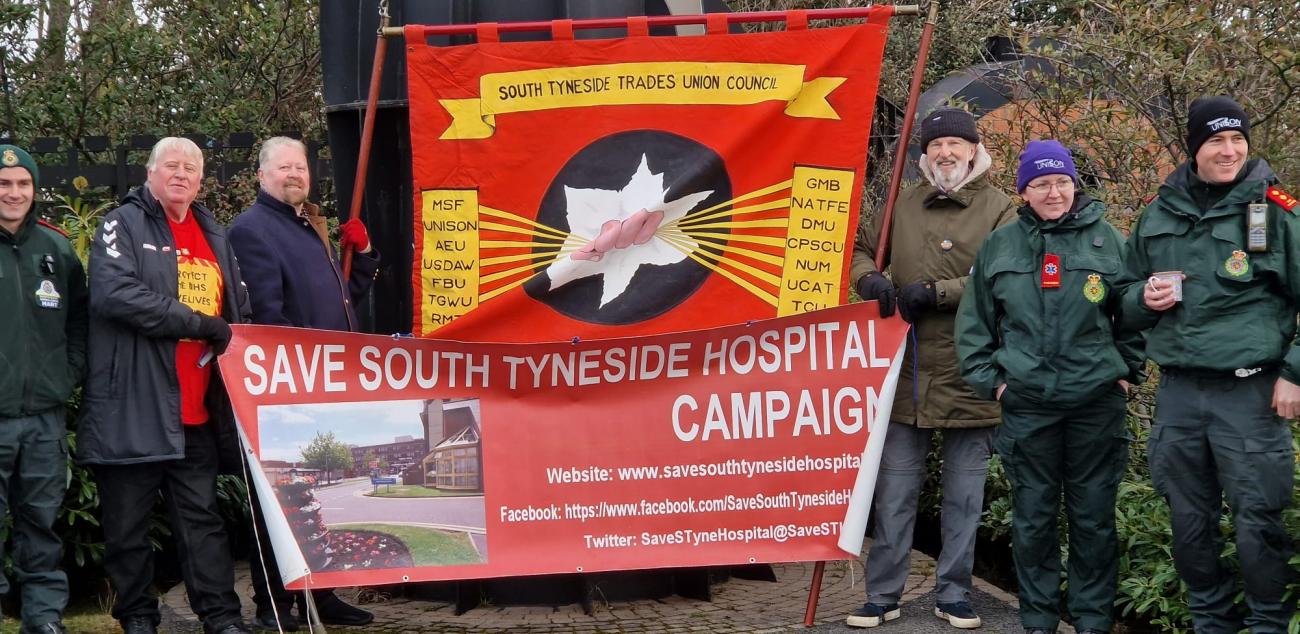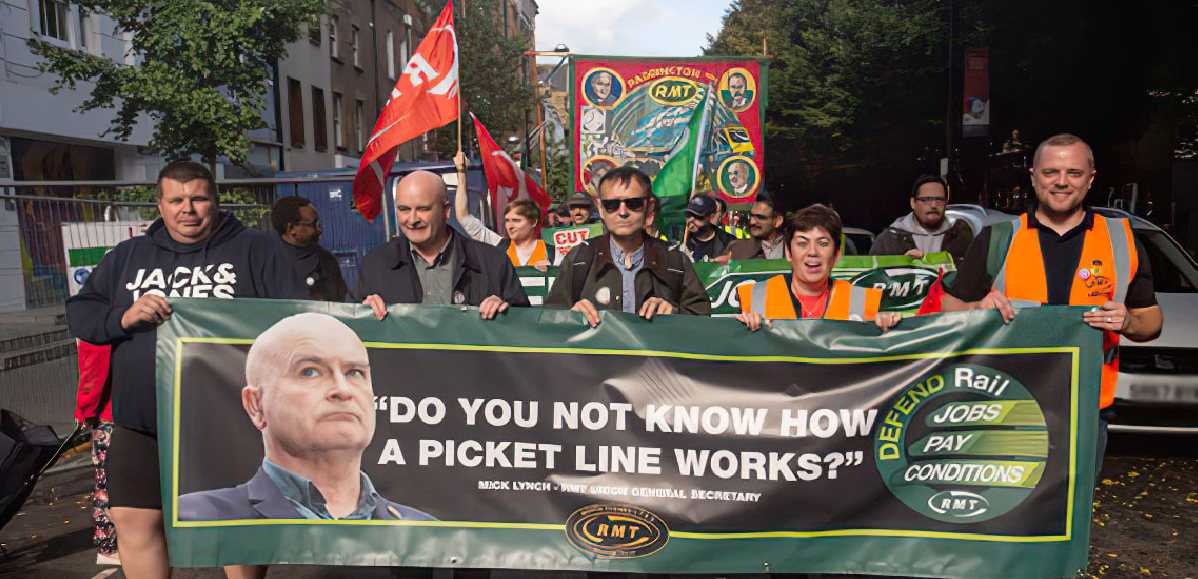Britain
Widespread February Strikes in Transportation, Health Care and Education

Workers across the UK from many walks of life are taking a stand that their dignity must not be undermined as in many sectors, particularly public services, the government and other authorities are refusing to negotiate, claiming that a pay rise in line with inflation is "unaffordable."
This is particularly the case in transport, health, and education, as the government introduces its anti-strike law, the Minimum Service Level Bill. This legislation is targeting front-line or key workers, which are defined by the government as such. These are specifically the nurses, paramedics, firefighters, rail workers and teachers and educators for which the government decrees that a "minimum service" must be maintained, and hence the right to strike must be made unlawful.
Now, with no resolution to talks with union representatives in sight across multiple crucial industries, February will begin on the first of the month with a massive national day of actions. These actions bring together professionals and workers from many sectors united by a common theme that they refuse to be counted as things, not human beings, and hence are considered disposable.
Workers and professionals, from train drivers and railway workers to nurses, emergency services staff, teachers and civil servants, point out that in taking action they are part of and at one with working people as a whole, and they refuse to be considered as in contradiction with the general interests of society.
Their struggle is without question justified, and the blame for any "disruption" or "inconvenience" lies with the government in these vital industries. Furthermore, the Minimum Service Level Bill is a means to legalize the dictate of those that wield power.
Working people are beginning to reach the conclusion that their struggle must in this context also focus on creating a society which affirms rights by virtue of being human. It can be said that such a society has social emancipation as its constant striving. If, in attempting to turn back the clock to before the struggles of the workers' movement won the right not to be criminalized for withdrawing their labour, those who hold political and economic power wish to wipe out the humanity of working people, they should also be reminded their system is one of wage-slavery which must be ended in order that the relations between humans and humans and humans and nature are humanized. This has been the conclusion of progressive thinkers and revolutionaries from the 19th century brought further up to date in the present.
Let the workers speak for themselves and work for that power to
control their own lives which is so conspicuously absent at present!
Strike Dates Scheduled for February
Wednesday, February 1: Members of the Public and Commercial Services union (PCS) representing approximately 100,000 civil servants will stage a 24-hour demonstration, involving staff from government ministries, driving test centres, museums, ports and airports.
National Education Union (NEU) members in England and Wales will strike, as will around 70,000 staff from 150 universities joining a University and College Union (UCU) demonstration.
Train drivers belonging to the Aslef and the Rail, Maritime and Transport (RMT) unions will walk out. This will render 14 train operators without staff, and therefore bringing services to a standstill across more than a dozen railway lines.
Friday, February 3: Aslef and RMT train drivers will strike.
Monday, February 6: Members of the Royal College of Nursing (RCN) will strike for 12 hours.
Paramedics, emergency care assistants, call handlers and other staff belonging to the GMB union will stage a walkout, as will ambulance workers from Unite the union who work at the following trusts: West Midlands, East Midlands, North West, North East and Wales.
Tuesday, February 7: Royal College of Nursing members will strike for a further 12 hours.
Thursday, February 9: The Chartered Society of Physiotherapy (CSP) Council strike places NHS physiotherapy staff on the picket line.
Tuesday, February 14: NEU members in Wales stop work once again.
Thursday, February 16: In northern Ireland, Unite members working in health and social care and as ambulance staff begin the first of two 48-hour strikes.
Friday, February 17: The Unite action continues in the north of Ireland.
Monday, February 20: Paramedics, emergency care assistants, call handlers and other staff from the GMB union stage a further walkout, as do Unite ambulance workers across trusts in the North East, East Midlands and Wales.
Wednesday, February 22: Unite ambulance workers strike in the North West of England.
Thursday, February 23: The second round of 48-hour strikes by health and social care workers and ambulance staff with Unite begins in northern Ireland.
Friday, February 24: The Unite action continues in northern Ireland.
Tuesday, February 28: NEU members in the Northern, North West, Yorkshire and The Humber regions of England are set to strike.

(January 28, 2023. Photos: Workers' Weekly)
This article was published in

Volume 53 Number 1 - January 2023
Article Link:
https://cpcml.ca/Tmlm2023/Articles/M530013.HTM
Website: www.cpcml.ca Email: editor@cpcml.ca

